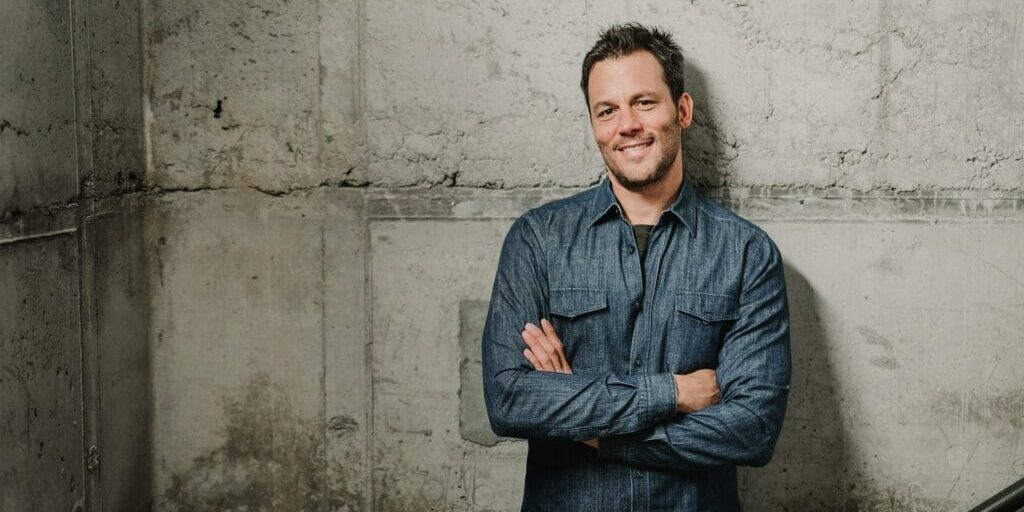Even as our economy improves and more jobs become available, millennials face an uphill battle when they graduate from college. This collection of data about millennials in the workplace paints a clear picture: More young people than ever are going to college. While they’re there, they’re racking up higher-than-ever student debt. When they graduate, jobs seem scarce — partly because older Americans are waiting longer to retire.
The rules for young grads have completely changed. The job market — and employers’ expectations — looks completely different than it did when I was 22. These days, millennials who want to be successful have to stand out.
I want to share the story of one millennial who’s doing just that. Miranda Allen worked with my team as an intern earlier this year. We knew from the moment we saw her welcome video she was a creative, ready to contribute and was willing to go after the opportunities she wanted.
Here are four key lessons she learned along the way.
Find opportunities and go after them
Miranda is now a marketing specialist at CTI Group, a company that provides software solutions that dig into communications data. Her path to success all started with internships that she went out and took for herself.
“It started with a bunch of internships, and one just lead to another,” she says. The first was a marketing position with a financial institution, where she ended up doing HR work as well.
She also worked at a grocery store to earn money for school. “I realized that people there always aspired to work at corporate, and so I thought I should investigate that,” she says. Rather than simply continue to aspire, she pushed and earned a corporate-level internship there also. Sitting on the sidelines or simply doing what is expected often is enough. Seeking opportunities to contribute more value and taking the the time to constantly consider, ‘where is this wok leading’ is a better approach.
Find a way to learn about sales
Her current position has been an eye-opener, even though she studied some marketing in college. She’s had to quickly learn real-life tools and applications that she wasn’t exposed to in school, including marketing automation software. “When I came on board, I had no experience at all with any of the tools that they were using — it was all new to me,” she says. In college, she didn’t learn about automation tools that can help analyze marketing data and provide deep insights into customer trends and behaviors. “That was a whole different side I never knew existed.”
She says that while she got a good education about business administration and economics, “they never really taught me about sales.” She had one general overview course that talked about tailoring to customers’ needs and focusing on pain points, but that was it. “I had no idea that businesses get into negotiations that can last for years.”
Another insight she’s gained from real-world experience is how tightly marketing is integrated with sales. “When I interviewed for the position I’m in now, it was with the vice president of sales and marketing. I told him, whatever I do, I don’t want to do sales. It turns out that’s who I’d work directly with.”
Universities just aren’t in the habit of teaching students about sales. Specialized sales centers, like the Schey Center at OU, are doing good work to change that pattern, but we still have a long way to go to prepare students with the sales skills they need after graduation.
Look for ways to stand out
Having worked her way from several internships to a full-time marketing position, Miranda has some advice for how to make that happen: “The most important thing is, you have to be proactive — while you’re going to school, while you’re looking for a job, while you’re on the job. That’s what gets you there. I think some people don’t realize that you have to be constantly proactive. You can’t just send out one application and cross your fingers.”
“You can’t be narrow-minded,” she says. “You have to apply for different things that you might not even realize are your strengths.”
In addition, she recommends asking lots of questions. “You don’t know what you don’t know — as you start asking questions, it all comes together.”
A different perspective
As the youngest person at her company, she takes a millennial’s perspective on work. “I think millennials are used to having so much information available that they’re equipped to go out and figure things out on their own.”
She says her company had a marketing automation platform it wasn’t using often, and the way it was using it wasn’t totally effective. Miranda educated herself through webinars and training manuals and was able to help your company use the platform more effectively in just a few weeks..
Miranda is a great example of a young employee who’s bringing a fresh perspective, proven work ethic, and knack for technology to her workplace.
My message for leaders and managers: There’s a growing pool of enthusiastic, educated millennials who are ready to show up and make a difference at work from their first day. In order to remain successful well into the future, employers need to evolve and prepare to welcome and embrace young employees. Organizations that are stuck in the status quo can quickly lose their new talent or significantly minimize their contribution. Get my tips on managing a changing workforce.
Ryan Estis helps progressive companies embrace change, attack opportunity and achieve breakthrough performance. Delivering more than 75 live events annually, Ryan provides high-impact keynote presentations and professional development in partnership with the world’s best brands. Learn more about Ryan.







